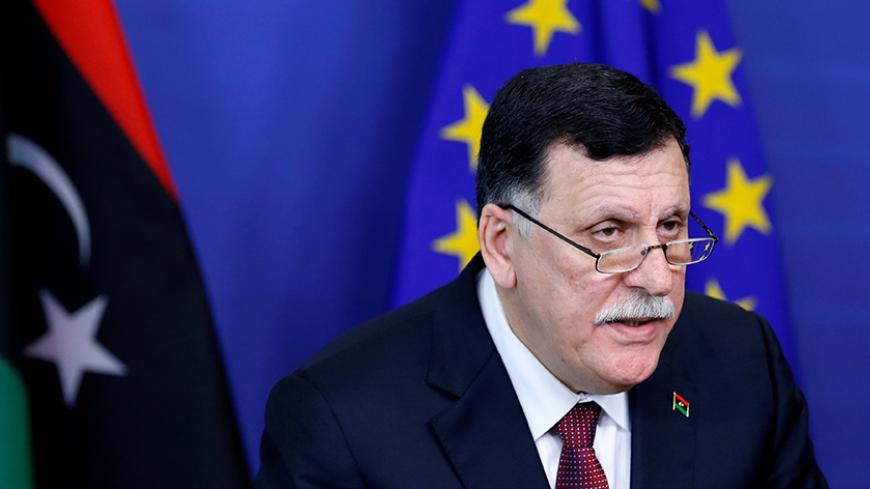Rival Libyan leaders agree to elections, but challenges remain
Although neither yet recognizes the other’s legitimacy, Libya’s military strongman Khalifa Hifter and Fayez al-Sarraj, the prime minister of the Tripoli-based government, agreed during a meeting in France to hold elections in a bid to end the country's conflict.

Libya's opposing factions appear to have made progress toward resolving their country's three-year civil war.
French President Emmanuel Macron hosted talks July 25 between Libya’s two main opponents: Fayez al-Sarraj, the prime minister of Libya’s Tripoli-based Government of National Accord (GNA), and Gen. Khalifa Hifter, the commander of the Libyan National Army (LNA) based in eastern Libya.







